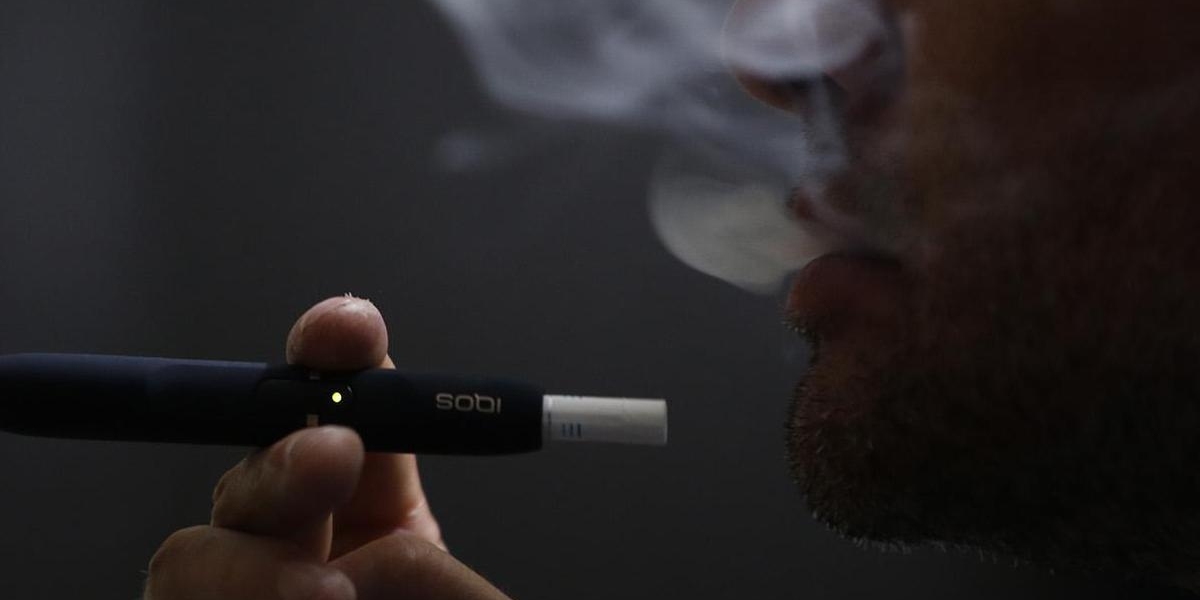In China, although fruit and vegetable cultivation has a long history, the fruit and vegetable processing industry is still an emerging industry, mainly in the aspects of insufficient processing depth, outdated technical equipment, single product variety, insufficient industry concentration, lack of internationally competitive brands, etc. Because of this, fruit and vegetable harvest loss rate is as high as 20% ~ 30%, while developed countries only 5%; agricultural product post-production output value and harvested natural output value ratio is 0.38:1, while the United States and Japan are 3.7:1 and 2.2:1; more than 90% of China's fruits are used for fresh sales, and developed countries use 40% to 70% of fruits for processing. In some countries, processing accounts for 70% to 80% of total fruit production. It can be seen from the above data that although the output of fruits and vegetables in China is very high, the processing ratio is very small, and the sales are mainly based on fresh sales. The varieties of fast food and semi-finished products are also less, the processing volume is less than 10% and more than 70% of fruits and vegetables in developed countries. After processing, not only the added value is greatly improved, but also the waste and pollution are reduced, and the comprehensive benefits are obviously improved.
Therefore, in order to ensure the sustainable and healthy development of China's fruit and vegetable processing industry, integrating existing resources, cultivating leading brands, introducing new technologies and new processes, and continuously developing new varieties have become the top priority for us.
Fruit and vegetable processing concept
Taking fruit and vegetable as raw materials, according to their different physical and chemical properties, different processing methods are used to make various processed products.
Common raw materials include berries, stone fruits, pome fruits, leafy vegetables, root vegetables, and stem vegetables. The products include canned fruits and vegetables, fruit wine, pickled products, sugar products, and dried fruits and vegetables.
Processing characteristics of fruits and vegetables
Changes in flavor substances: mainly refers to changes in sugars, organic acids, tannins, and aromatic substances;
Changes in pigment substances: chlorophyll decomposition, while promoting the appearance of carotenoids, carcass pigments, and anthocyanins. The changes in texture matter mainly refer to changes in water, pectin substances, cellulose, and hemicellulose;
Changes in nutrients: The general trend is toward the direction of reduction and deterioration.
GuanFeng is a professional Vegetable Processing Machine manufacturer, if you intereste learn more information, please contact us by click gf-machine or https://www.gf-machine.com/









